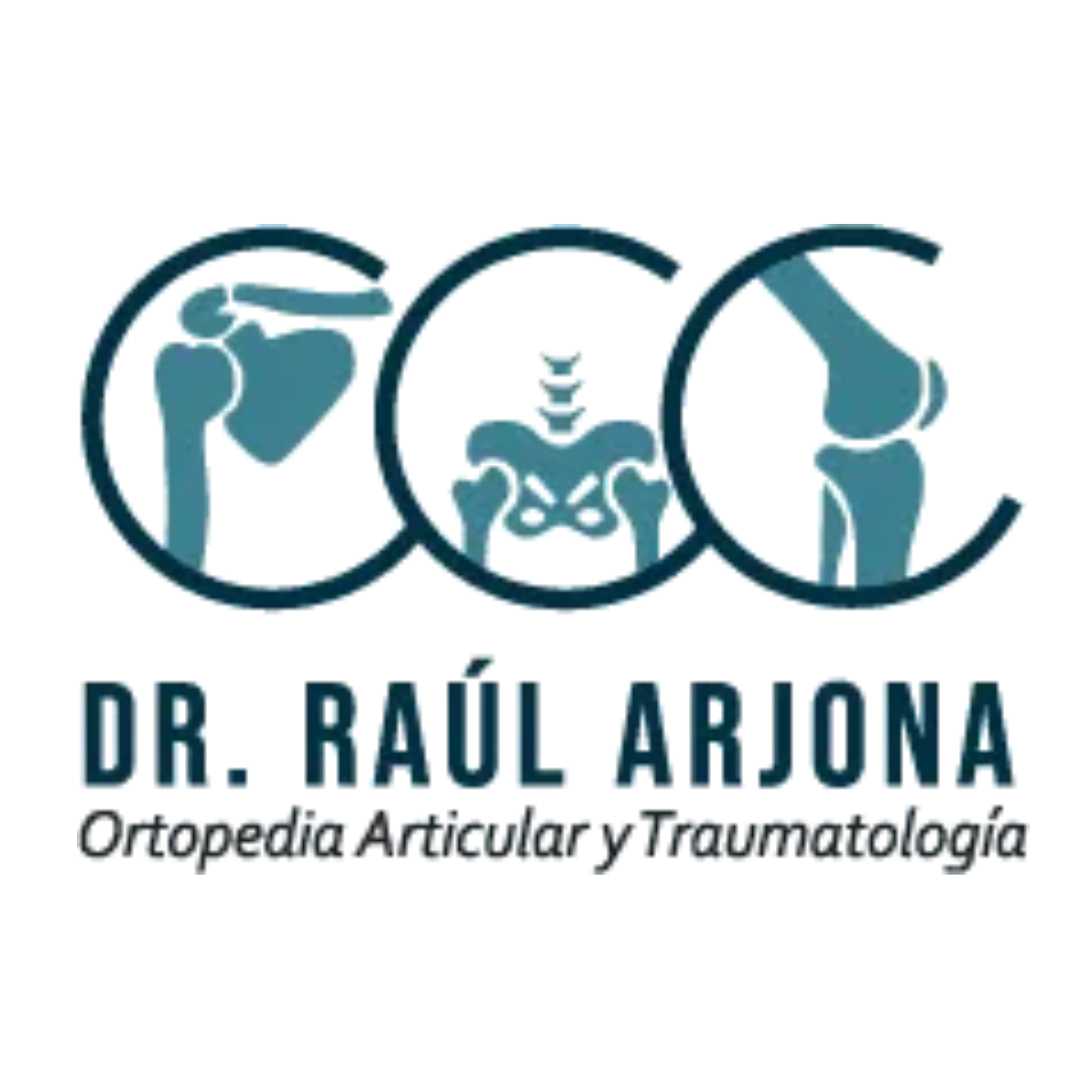
Choosing an operation or some other procedure for a chronic injury or a recently suffered one is a tough situation for the patient, as there are always a few options available. The problem is that you cannot instinctively know which procedure would suit your needs the best. This is the job of the doctor. but how i find the best orthopedic hospital in the world for right surgeon? In this guide we are providing list of best orthopedic hospitals in the world.
|
Table of Content • Overview • 10 Best Orthopedic Hospitals • What I Need To Know • The Need For Speacialized Care • 10 Questions to Ask • Final Thoughts |
The Role of Orthopedic Hospitals in Musculoskeletal Care
Orthopedic Treatment hospitals stand as beacons of hope for individuals grappling with musculoskeletal conditions, offering specialized care that targets the very foundation of their mobility and well-being. In a world marked by an aging population and an active lifestyle, the demand for top-notch orthopedic treatment has surged. This surge is met by the relentless dedication of orthopedic hospitals that not only address the immediate concerns of patients but also pave the way for a better quality of life.
Addressing Musculoskeletal Challenges
Musculoskeletal conditions encompass a broad spectrum of disorders, ranging from fractures and joint issues to spine problems and sports-related injuries. These ailments can severely impact an individual's ability to perform daily tasks, engage in physical activities, and even lead to chronic discomfort. The significance of orthopedic hospitals lies in their ability to offer tailored solutions that go beyond superficial relief, targeting the root causes of these conditions.
10 Best Orthopedic Hospitals in the World
There are many excellent orthopedic hospitals in the world, and the best one for you will depend on your specific needs and location. Some of the top-ranked orthopedic hospitals in the world include:
| Hospitals | Countries |
| Florence Nightingale Hospital | Turkey |
| Dr Max Greig Clinic | Mexico |
| Turan Turan Health Group | Turkey |
| Private Algomed Hospital | Turkey |
| Family Hospital | Mexico |
| Optimed International Hospital | Turkey |
| BHT CLINIC Istanbul Tema Hastanesi | Turkey |
| Sports Medicine System | Mexico |
| Canadian Specialist Hospital | UAE |
Note: To book consultation with one of the best orthopedic hospital in the world. Please contact with PlacidWay customer service team.
>What I need to know before choosing orthopedic hospital?
There are a few key factors you should consider when choosing the best orthopedic hospital for your needs:
- Reputation: Look for a hospital with a strong reputation for quality care and excellent outcomes in orthopedic treatments. You can research a hospital's reputation by reading patient reviews and consulting with your doctor.
- Expertise: Choose a hospital that specializes in treating the specific orthopedic condition you are facing. Look for a hospital with a team of highly trained and experienced orthopedic surgeons and other specialists.
- Treatment options: Consider the range of treatment options available at the hospital. The best hospital for you will offer a range of treatments, including both non-surgical and surgical options, to ensure that you receive the most appropriate care for your condition.
- Location: Think about the location of the hospital. If you will need to travel a long distance for treatment, you may want to choose a hospital that is closer to home to make the process easier.
- Cost: Consider the cost of treatment at the hospital. It may be helpful to compare prices at different hospitals to find the most cost-effective option for you.
- Patient experience: Look for a hospital that puts an emphasis on patient experience and satisfaction. This can be an important factor in your overall care and recovery.
The Need for Specialized Care
Orthopedic hospitals have become indispensable due to the intricate nature of musculoskeletal problems. The complexity of bones, joints, ligaments, and muscles demands specialized expertise. These hospitals are staffed with orthopedic surgeons who have undergone rigorous training, honing their skills to master the intricacies of orthopedic care. From advanced diagnostic techniques to innovative surgical procedures, these specialists are equipped to provide comprehensive solutions that restore function and enhance patients' quality of life.
Rising to the Challenge
The demand for orthopedic care is on the rise, driven by an aging population that seeks to maintain an active lifestyle and an increasing awareness of the benefits of specialized treatment. Orthopedic hospitals step up to this challenge by offering a holistic approach that combines medical expertise, cutting-edge technology, and compassionate care. They act as centers of excellence, constantly evolving to keep up with the latest advancements in orthopedics, ensuring that patients receive nothing but the best.
10 Questions You Must Ask the Orthopedic Doctor when Going Abroad for a Procedure
You can increase the chances of getting things right by getting informed and asking questions of the doctor. While getting informed, you will also be able to make the right decision when choosing the doctor who will perform the procedure, as you will get to see whether s/he is trustworthy. The following questions are a must when considering an orthopedic procedure.
1. Why do you recommend this procedure over others?
As we already said, there are usually a number of solutions available for any orthopedic problem and not just one. Every specialist related to the injury will have their own considerations as to why a specific procedure and not some other will do the trick. The point is to have them explain their reasoning. Will some other medical condition affect the procedure? Is a specific procedure safer than others? Does it have a higher success rate? Be sure to go through this in detail. If the doctor refuses to go into details (although few of them would), then you should look for another doctor.
2. How experienced are you with the procedure?
If you are talking to the doctor who will perform the procedure, then you should definitely ask about their experiences with this procedure and how many times they have performed it before. If not, then ask about the doctor who will be performing. Experience is almost everything regarding orthopedic procedures (and most of other medical procedures, as well). The more experienced the doctor is, the more things they have seen before and will be able to deal with them.
3. Do you have Board Certification?
A doctor who is certified by that country’s relevant board should always be your first choice. Getting an official certificate requires rigorous training and studying and it also proves that the doctor has had the required experience. While it is also possible to find a good doctor without a certificate, it is just safer to go for one who has it, and the chances are higher that you won’t make a mistake which could create further problems down the road.
4. How much improvement can I expect from the procedure?
Not all medical conditions can be fully treated and their effects completely reversed. For some orthopedic conditions there are treatments which are supposed to make life with those conditions easier and the body more functional. You should consult with the doctor about the procedure and what both you and he/she think the result should be. Don’t immediately fall for the promises of full recovery. Better to be prepared than to be disappointed later.
5. What is the success rate of the procedure?
It is impossible to guarantee a 100% success rate for any medical procedure, not just orthopedic ones. Success of the procedure depends on many factors, including your own overall health and other medical conditions you may have. Make sure to get an honest answer from the doctor about how often the procedure has been successful before.
6. What risks are involved?
Every procedure carries some kind of risks with it. It could be complications with anesthesia, a poorly done procedure or some other completely unrelated problem. Be sure to hash out all the possibilities with the doctor before agreeing to a procedure, so that you can know whether the risks are worth the gains or not. The doctor should recommend taking another approach should the one you are considering prove to be too risky for you.
7. What type of anesthesia will be used?
If the procedure that you wish to do is a surgery, there is a high chance that some kind of anesthesia will be used. There are two types of anesthesia that can be used for an orthopedic surgery: general anesthesia (where the patient is “put to sleep” completely for the duration of the procedure) and local anesthesia (which can be epidural or peripheral). The type which will be administered depends on a few factors – the type of the procedure (some orthopedic procedures require general anesthesia), patient’s overall health, health conditions which might create problems with anesthesia, etc. It is important to check whether your health (like blood pressure and cardiovascular conditions) allow you to get a general anesthesia. If you would be at risk, then we suggest thinking of another procedure. But first, discuss this with the doctor or the anesthesiologist that will assist during the procedure.
8. Anything I need to do in preparation for the procedure?
Consult with your doctor about things such as which medications you should or shouldn’t take before the surgery, whether you should exercise or rest, and whether you should come to the hospital a day or two before the surgery for preparation. The doctor should give you all the information for a successful preparation.
9. Will I need therapy after the procedure?
Almost every type of orthopedic procedure demands physical therapy afterwards, during the recovery period. Physical therapy is important because it helps your muscles to stay sharp and regain the functionality that would be lost during the inactivity. This also goes for the joints that are affected. Also, physical therapy will show whether the procedure had worked and whether it has had any effect.
10. Do I need to arrange for any post-op care at home?
Procedures involving hips or joints can leave you immobile for some period after the procedure has been completed. It is wise to ask this of your doctor so that you could prepare for the eventuality that you might need help with doing basic things, such as preparing food, cleaning the house, administering medications, etc. If you live alone, some outside help would probably be warranted.
These questions for the orthopedic doctor are supposed to help you get informed about the procedure and whether or not you should do it. A good orthopedic doctor will provide extensive and honest answers to these questions. If you find a doctor who is not interested in answering them, then you should probably choose another one. Orthopedic procedures can have profound effects on your health and your life, and not always for the good. Because of this, do not hesitate to ask for a second or even third opinion somewhere else and compare the answers that you get. Only then will you be able to make an informed decision.
Final Thoughts
As we delve into the realm of orthopedic hospitals, we uncover a world where pain transforms into promise, where mobility is restored, and where individuals rediscover the joy of movement. The narrative of orthopedic hospitals isn't just about medical treatment; it's a testament to the human spirit's resilience and the transformative power of specialized care. In the pages that follow, we'll journey through the top 10 orthopedic hospitals in the world, each a sanctuary of healing dedicated to alleviating musculoskeletal challenges and rekindling the flame of vitality.
Book Appointment
Embark on a journey through the top 10 orthopedic hospitals in the world, where innovation, expertise, and compassionate care converge to redefine mobility and well-being. Discover the transformative power of specialized orthopedic treatment and take a step closer to a life free from musculoskeletal limitations. Take the first step today and Contact Us Now!
We can help you get informed and make a decision about an orthopedic procedure abroad, so do not hesitate to contact us!








.png)








Share this listing